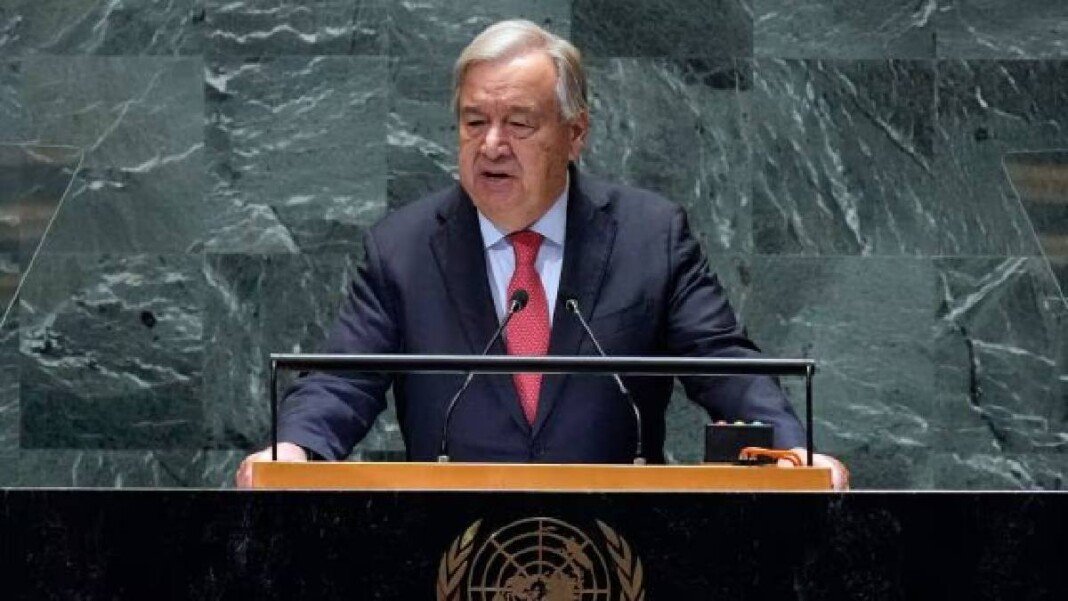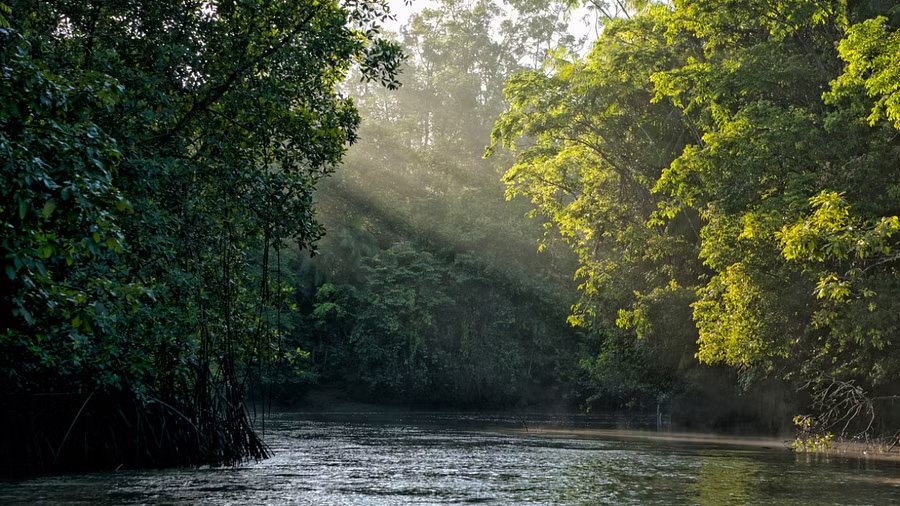NEW DELHI, Nov 3: The 16th UN biodiversity talks in Colombia’s Cali were suspended on Saturday without an agreement on setting up a new fund for the protection of nature.
The conference, which ran around 12 hours past its scheduled end, did yield an important agreement to establish a subsidiary body that will include indigenous peoples in future discussions and decisions on biodiversity conservation.
The participating countries also agreed to establish a new global fund dedicated to sharing the benefits of digitally-sequenced genetic data taken from plants and animals with the communities they come from.
As the final plenary extended into Saturday morning, several negotiators departed to catch flights home, prompting Colombian Environment Minister and COP16 President Susana Muhamad to suspend the session due to a lack of quorum. It is not yet known when or where the session will resume.
COP16 aimed at assessing the progress on the agreement reached in 2022 in Canada to halt biodiversity loss, with more funding for biodiversity protection being a central issue.
Observers noted a clear divide between the Global North and Global South during the talks. Wealthier nations were hesitant to increase funding, while developing countries argued that they cannot enhance their efforts without additional financial support.
The Kunming-Montreal Global Biodiversity Framework (KM-GBF), adopted at COP15 in Canada in 2022, set 23 targets to be achieved by 2030, including placing 30 per cent of land and sea areas under protection and restoring 30 per cent of degraded ecosystems.
At the Canada summit, the countries agreed to make USD 200 billion available each year for biodiversity protection by 2030, including a transfer of USD 30 billion per year from developed countries to developing ones. However, in 2022, only about USD 15 billion were actually available, according to the Organisation for Economic Cooperation and Development.
Countries have pledged around USD 400 million to the Global Biodiversity Framework Fund (GBFF) created under the US-based Global Environment Facility last year to help meet the United Nations’ biodiversity targets.
Developing countries argued that rich nations hold significant influence over the GEF and proposed creating a new dedicated fund for nature. However, countries such as Canada, Japan, New Zealand, Australia, and members of the European Union rejected the proposal.
The conference also saw several mega-diverse countries, including India, Peru and Thailand, submitting their action plans to protect biodiversity. However, around 150 countries, including Brazil, are yet to publish their biodiversity plans.
“Nature is on life support and by not reaching a strong financial compromise here in Cali, the risk of its collapse increases. We are living in a time where it is clear that our future is at stake. Shame on us for allowing a lack of political expediency to delay action that the world — and nature — need to survive,” said Patricia Zurita, chief strategy officer at Conservation International, a non-profit environmental organisation based in the United States.
“While actions must be bolder and decisions must move faster, we are not leaving Cali entirely empty-handed. The decision today does elevate the voices of indigenous peoples and local communities in the ongoing Global Biodiversity Framework process as stewards of some of the Earth’s most biodiverse and carbon-rich ecosystems. This is a crucial step forward,” she said.
Crystal Davis, global director for food, land and water at the World Resources Institute, said the negotiations concluded with a cautious step forward in safeguarding nature.
“Developing countries now have a new pot of money to protect biodiversity, with a fund that urges companies to contribute for the digitally-stored genetic resources they use for medicines and cosmetics. While an important breakthrough, contributions to the fund are voluntary and the responsibility now lies with companies to show impact,” she said.
Davis added that the new permanent body to include indigenous peoples and local communities in the negotiations “gives a more formal voice and decision-making power” to the most responsible stewards of the world’s most biodiverse ecosystems and biggest carbon sinks. (PTI)













